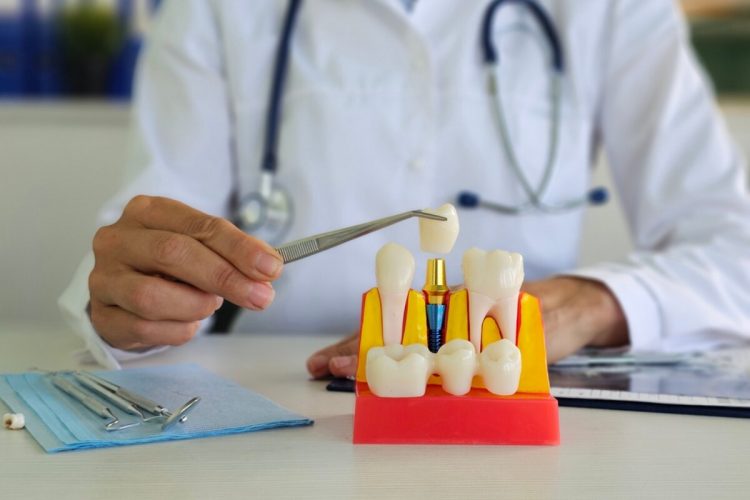Dental implants are a remarkable solution for replacing missing teeth, offering strength, stability, and a natural look that can boost your confidence. But while implants are designed to last for decades, their long-term success largely depends on how well you care for them. Whether you’re new to implants or have had them for years, following these essential tips will help keep your smile healthy and beautiful.
1. Maintain Excellent Oral Hygiene
Just like natural teeth, dental implants need daily care. Brush your teeth at least twice a day using a soft-bristled toothbrush and a low-abrasive toothpaste. Pay special attention to the gum line, as plaque buildup around the implants can lead to peri-implantitis, a condition similar to gum disease that can compromise the implant’s stability. Floss daily or use interdental brushes to remove food particles and plaque from between teeth and around the implant posts.
2. Visit Your Dentist Regularly
Regular dental check-ups and professional cleanings are vital for the health of your implants. Your dentist can monitor the condition of your implants, gums, and surrounding bone structure. Early detection of any potential issues, such as inflammation or bite problems, helps prevent complications. At your appointments, be sure to mention any discomfort or changes you’ve noticed around the implant area.
3. Avoid Harmful Habits
Certain habits can damage your implants and natural teeth alike. Avoid chewing hard foods like ice, hard candy, or nutshells, as this can put unnecessary stress on the implant crown. Smoking is another major risk factor, as it impairs healing and increases the likelihood of implant failure. If you grind your teeth at night, consider wearing a night guard to protect your implants and natural teeth from excessive wear.
4. Be Gentle After Surgery
If you’ve recently had implants placed, follow your dentist’s post-operative instructions carefully. Stick to soft foods for the first few days, avoid strenuous exercise, and rinse gently with an antimicrobial mouthwash if recommended. Proper care during the healing phase supports the integration of the implant with the jawbone, setting the stage for long-term success.
5. Understand the Importance of Overall Health
Your general health affects your oral health—and vice versa. Conditions like uncontrolled diabetes or osteoporosis can impact implant success. Maintain a balanced diet rich in calcium and vitamins, stay active, and manage chronic health conditions in consultation with your healthcare providers.
6. Choose the Right Dental Partner
Working with an experienced dental team significantly increases the likelihood of implant success. A skilled dentist not only ensures precise placement but also guides you through every step of care and maintenance. If you’re in Quebec, you might consider the trusted Centre Dentaire Aoude for professional advice and long-term support.
In summary, dental implants are a durable and life-changing solution, but they’re not maintenance-free. Brushing, flossing, regular check-ups, and avoiding harmful habits are all essential to protect your investment. With proper care, your dental implants can look, feel, and function like natural teeth for many years to come—helping you smile confidently every day.



Recent Comments